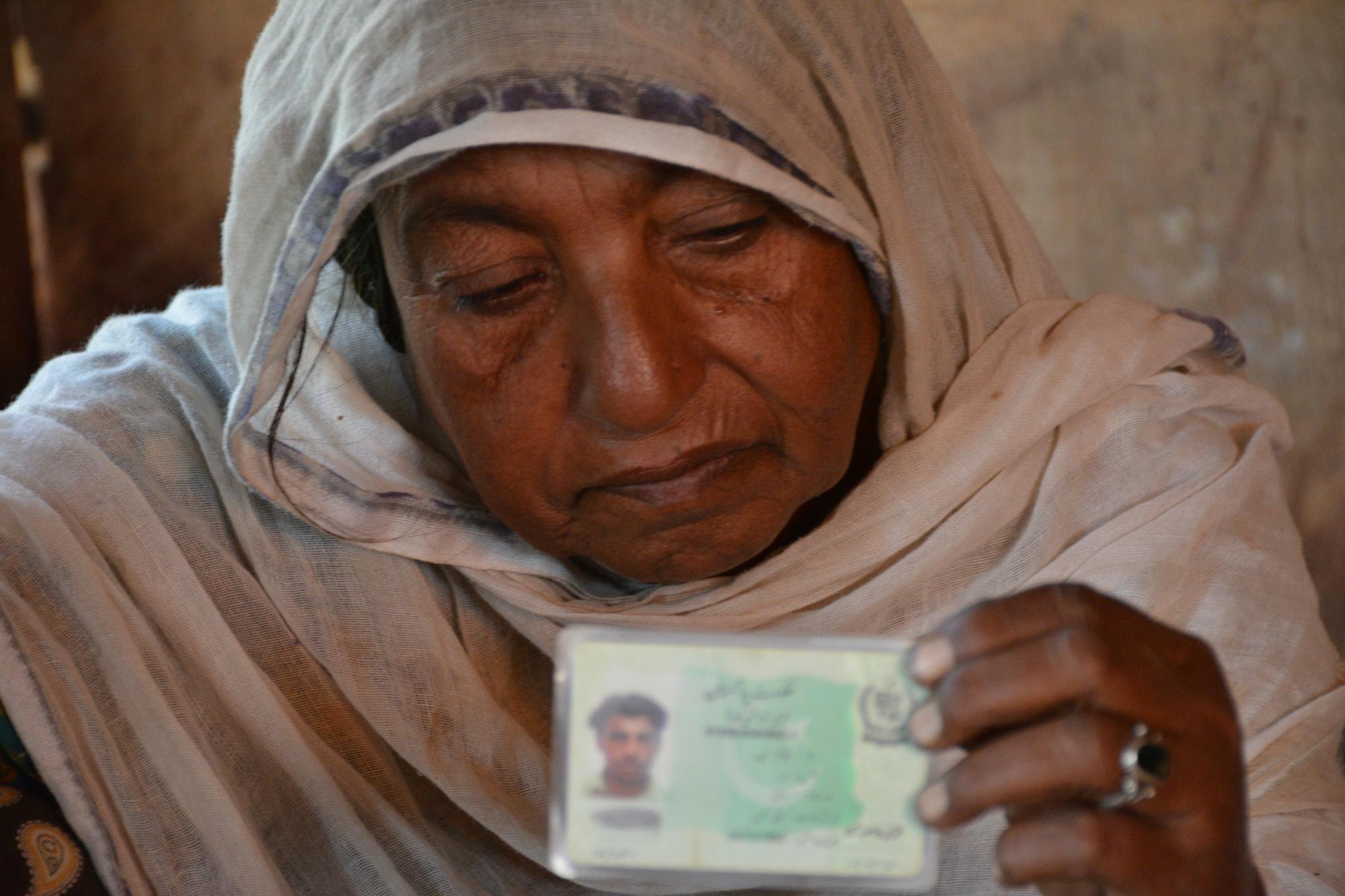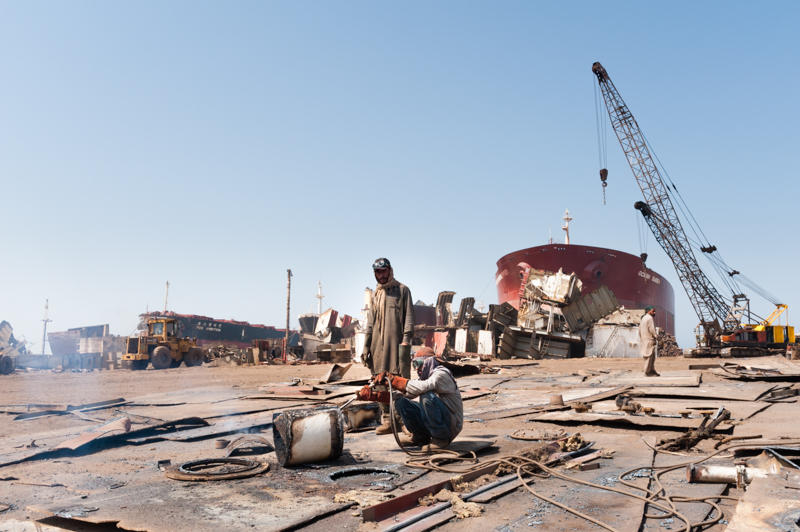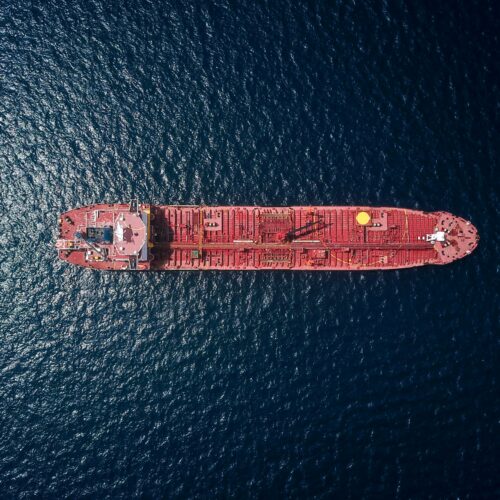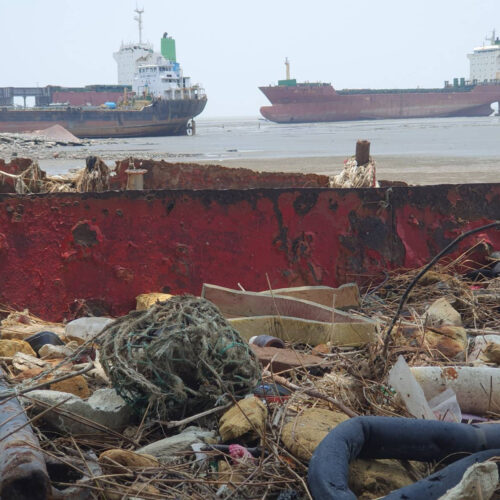PAKISTAN
Location: Gadani
N°. Yards: around 134 plots
N°. Workers: 5.000, max 20.000 at peak periods
Recycling method: Beaching
The Pakistani shipbreaking yards are located on the Arabian Gulf, 50 km west of the country’s largest city Karachi. They stretch out several kilometers on a tidal beach coastline. Most of the plots are leased from private land owners, the remaining are operated on government-owned land. land. Nevertheless, the shipbreaking industry in Pakistan has never been officially declared an industry and has thus operating informally. The Government of Balochistan under the Balochistan Development Authority (BDA) Act of 1974 created the “The Balochistan Ship Breaking Industry Rules, 1979” to regularise the shipbreaking sector as an industry. However, these rules have never been updated in accordance with Pakistan's 1997 Environment Act, which means they should be reviewed.
The harsh working conditions at Gadani became widely known after the explosion on 1 November 2016, the worst tragedy in the history of shipbreaking. At least 29 workers were then killed and more than 60 workers were reported injured, many of them suffering severe burn wounds. Fires, explosions, falls from great height and falling steel blocks kill workers in Gadani. The nearest hospital is located in Karachi, at about one hour distance, yet injured workers have no access to ambulances. There is only a primary health care centre in Gadani, which only provides very basic first aid to the workers and to the community.
IndustriAll-affiliated Pakistan National Trade Union Federation (NTUF) has voiced strong concerns related to systemic breaches of basic labour rights and occupational health and safety. Most of the shipbreaking workers are migrant workers from the poorest parts of Pakistan, including Khyber Pakhtunkhwa, Punjab and Sindh. Many Rohingya, Bengalis and Burmese have also become part of the labour force in Gadani. They leave their families behind as there is no appropriate housing or schooling available. Workers lack contractual arrangements with the yard management and have to work very long hours without extra pay, no paid holidays or social benefits, such as social security and pension. According to IndustriAll Global Trade Union, the workers earn between 2,70 – 6,00 EUR per day, that is, between 80-180 EUR per month if they work every day, whereas the living wage is estimated at around 218 EUR.
As in Chittagong and Alang-Sosiya, the shipbreaking yards operate on a tidal beach, causing pollution to both soil and water. The area is void of hazardous waste disposal facilities, so toxics are simply dumped in the sea or outside the shipbreaking plots. Local activists have filed a complaint under the Baluchistan Environmental Protection Act demanding that shipbreaking activities must operate in line with the Basel Convention. So far, the Government has not initiated the necessary changes to ensure a move of the industry to proper facilities and investments in capacity for downstream waste management.
Following the explosion of 1 November 2016, there has been increased awareness, nationally and internationally, of the dangers faced by the workers in the shipbreaking yards in Pakistan. In the beginning of 2017, five additional workers lost their lives in another explosion on a tanker. This led to a moratorium on the import and cutting of tankers in Gadani. The ban has since been lifted, but without concrete measures in place to prevent the reoccurrence of these tragedies. Therefore, exactly one year after the catastrophic explosion on 1 November 2016, when workers resumed the breaking of the Aces – it caught fire again; fortunately, without casualties this time.


RECOMMENDED READINGS
Latest News

Press Release – Stop South Korea’s toxic ship dumping
In the last six months only, MSC scrapped 9 ships on the beach of Alang in India – 27 in the last two years,
... Read More
Platform News – EU must take action to end dumping of toxic ships and support capacity building
The European Commission published its evaluation of the EU Ship Recycling Regulation (EU SRR) earlier this month. The evaluation clearly identifies several issues that hinder the effectiveness… Read More

Press Release – Platform publishes list of ships dismantled worldwide in 2024
409 ships were dismantled globally in 2024, of which 255 ended up in South Asian yards. Bangladesh remains the shipping industry’s first choice for scrapping, despite grave consequences for workers, local communities and fragile coastal ecosystems.
... Read More

